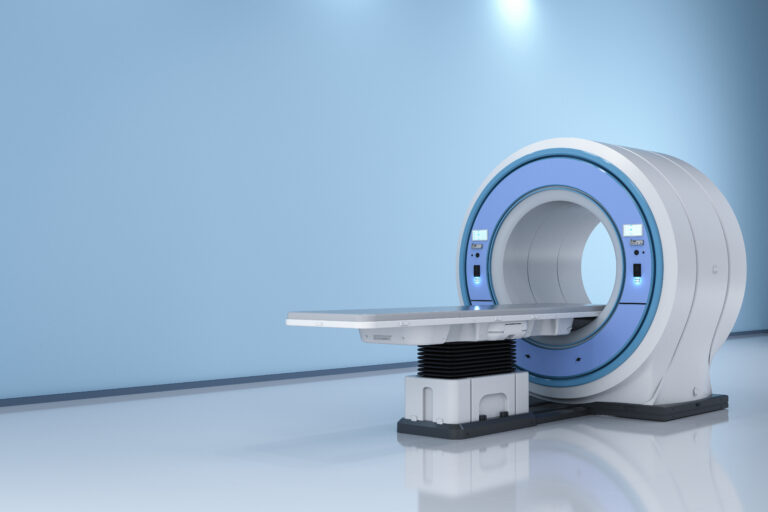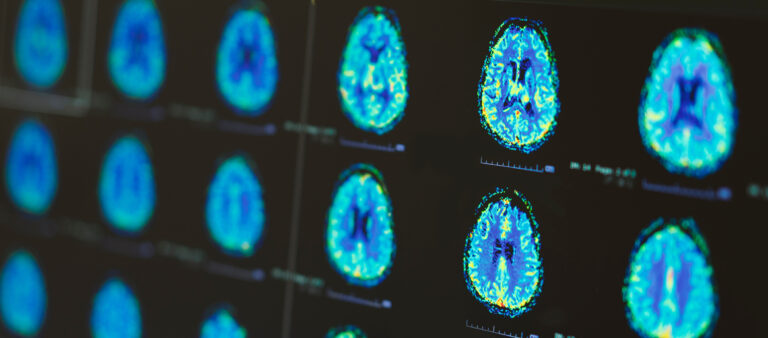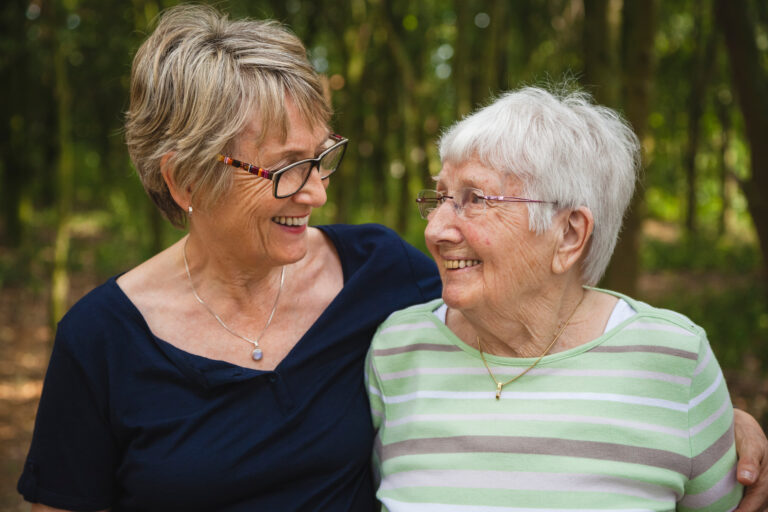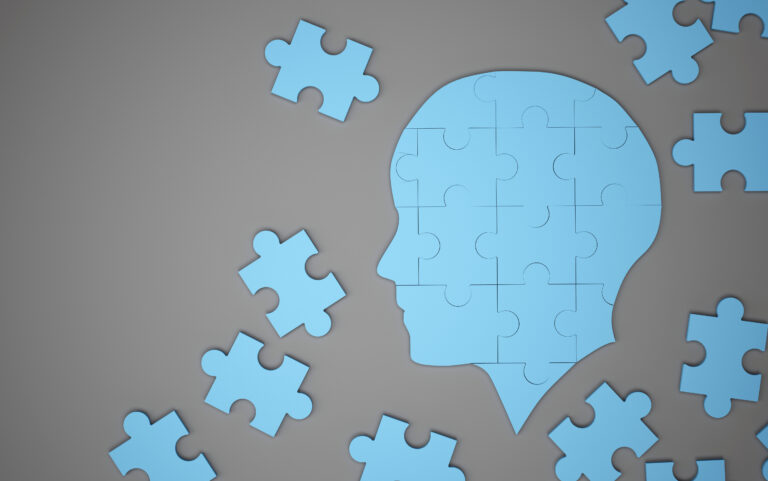Drinking coffee on an empty stomach is a common morning ritual, but whether it is advisable depends on individual health conditions and how your body reacts to coffee’s effects. For most people, drinking coffee without eating first is not inherently harmful, but it can cause digestive discomfort or exacerbate certain medical conditions.
Coffee is acidic and stimulates the production of gastric acid in the stomach. When consumed on an empty stomach, this increased acid can irritate the stomach lining, potentially leading to symptoms such as heartburn, nausea, bloating, or even gastritis if done regularly over time[1][4]. This is particularly relevant for individuals with pre-existing gastrointestinal issues like gastritis, gastroesophageal reflux disease (GERD), or gastric ulcers, who are generally advised to avoid coffee on an empty stomach to prevent worsening their symptoms[1][4].
The acidity and caffeine in coffee also stimulate the digestive tract and increase gastrointestinal motility, which can cause nausea or the urgent need to defecate in some people[3][5]. This effect is due to coffee’s ability to relax the anal sphincter and trigger the gastrocolic reflex, which signals the colon to contract after food or drink intake[5]. For some, this can be uncomfortable if the stomach is empty.
Beyond digestive effects, caffeine absorbed on an empty stomach enters the bloodstream faster, which can intensify its stimulant effects. This rapid absorption may lead to increased heart rate, jitteriness, anxiety, and a feeling of being overstimulated[2]. Additionally, caffeine triggers adrenaline release, which causes the liver to break down sugar stores. When caffeine is consumed without prior food intake, this can deplete blood sugar reserves unnecessarily, increasing the risk of hypoglycemic symptoms such as dizziness, shakiness, and fainting later in the morning[2].
Despite these potential downsides, coffee also contains beneficial compounds such as polyphenols, which have antioxidant properties and may promote longevity, protect against neurodegenerative diseases like Alzheimer’s, support a healthy microbiome, and improve mood[1][6]. For many healthy individuals without gastrointestinal sensitivities, drinking coffee on an empty stomach is generally safe and can be part of a healthy lifestyle.
Experts often recommend starting the day with water to rehydrate after sleep, followed by a balanced breakfast containing complex carbohydrates and protein before consuming coffee. This approach helps buffer the stomach lining from acid irritation and stabilizes blood sugar levels, reducing the risk of adverse effects from caffeine[2][3].
In summary, whether you should drink coffee on an empty stomach depends largely on your personal tolerance and health status:
– **If you have no digestive issues**, drinking coffee on an empty stomach is unlikely to cause harm and may provide beneficial antioxidants and mental alertness[1][6].
– **If you suffer from gastritis, GERD, ulcers, or frequent heartburn**, it is advisable to avoid coffee before eating to prevent irritation and discomfort[1][4].
– **If you experience jitteriness, rapid heartbeat, or hypoglycemic symptoms after coffee**, try consuming it after a meal to slow caffeine absorption and stabilize blood sugar[2].
– **If coffee causes nausea or digestive upset**, eating something before drinking coffee can help mitigate these effects[3].
Ultimately, listening to your body and adjusting your coffee habits accordingly is key. For those concerned about gut health or caffeine sensitivity, consulting a healthcare professional is recommended.
—
**Sources:**
[1] Parade – Is Drinking Coffee on an Empty Stomach Bad for You?
[2] Virginia Spine Institute – Best Time to Drink Coffee for Brain Health
[3] University of Georgia – Clinical Associate Professor Discusses Nausea as Side Effect of Drinking Coffee
[4] Hindustan Times – AIIMS Gastroenterologist Warns Against Having Coffee on Empty Stomach
[5] GoodRx – Why Does Coffee Make You Poop?
[6] BioLife Health Center – Black Coffee: A Daily Habit That May Help You Live Longer





